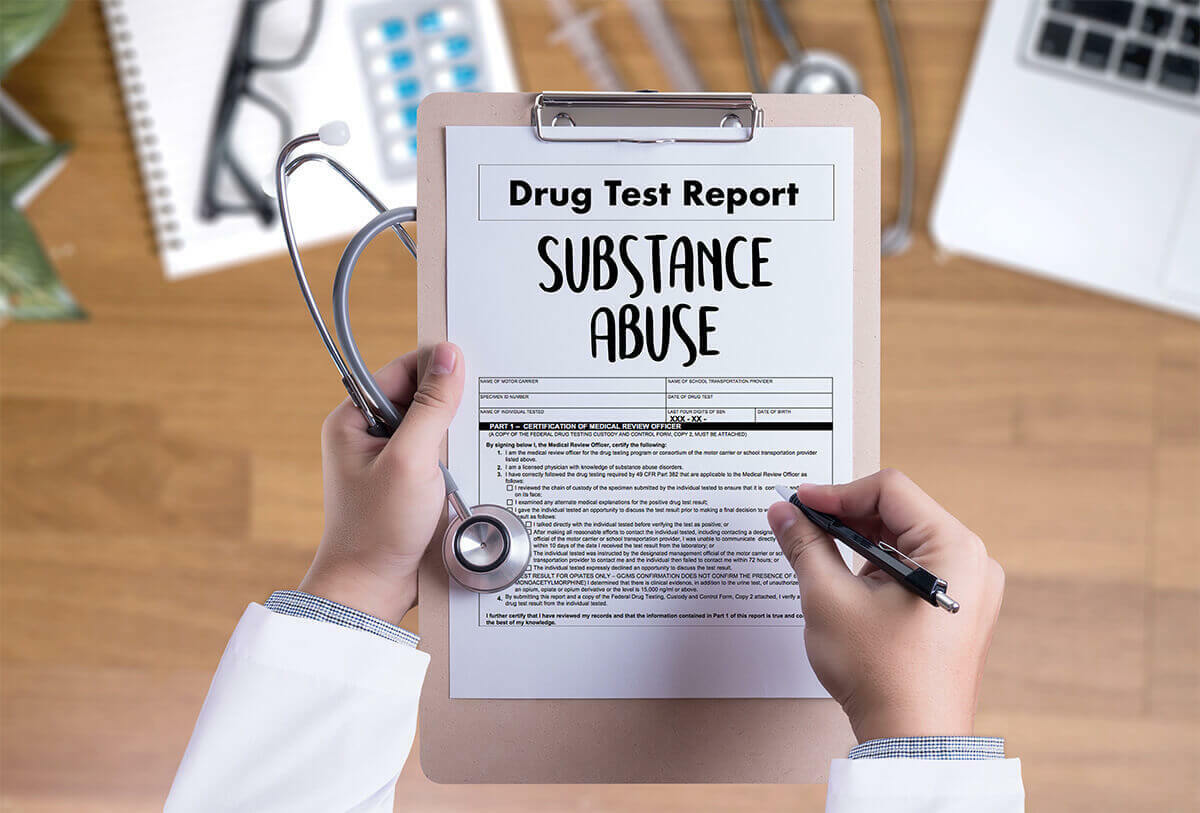Employee drug testing is a critical component of maintaining a safe and productive workplace. However, situations arise where employees may refuse to undergo such tests, presenting challenges for employers. Understanding the implications of test refusal, the legal framework surrounding it, and best practices for policy implementation is essential for effective workplace management.
Understanding Employee Drug Testing
Drug testing in the workplace serves multiple purposes, including ensuring safety, enhancing productivity, and complying with legal requirements. Employers may implement drug testing under various circumstances:
- Pre-Employment Testing – Conducted to screen potential employees before hiring.
- Random Testing – Implemented to deter drug use among employees by conducting unannounced tests.
- Post-Accident Testing – Performed after workplace incidents to determine if substance use was a contributing factor.
- Reasonable Suspicion Testing – Based on observable signs or behaviors indicating possible drug use.
- Return-to-Duty Testing – Required for employees returning to work after a violation of drug policies.
- Follow Up Testing - Follow-up testing is implemented for employees who have previously tested positive on a drug test or violated a company’s drug and alcohol policy. The employee must follow the recommendations from their SAP and pass the initial Return-to-Duty test in order for the follow-up testing to be implemented as a part of the Return-to-Duty agreement.
Refusal Applicability
Refusal to test includes failing to appear, not providing a sufficient sample without a valid medical reason, interfering with the testing process, leaving before completion, or admitting to adulteration or substitution. It is considered a violation, equivalent to a positive test result
DOT : Under Department of Transportation regulations, refusal to submit to a drug or alcohol test results in immediate removal from safety-sensitive functions until completing a return-to-duty process with a qualified substance abuse professional. Department of transportation is silent on termination and/or separation. Employers must defer to their internal policies to determine appropriate disciplinary actions.
Non-DOT: Under general employment drug testing guidelines, refusal to submit to a drug or alcohol test is typically treated as a policy violation, which may result in disciplinary action, up to and including termination, based on the employer’s internal policies. Unlike DOT regulations, there is no mandated return-to-duty process, and consequences for refusal are determined solely by company policy and applicable state laws.
Ethical Considerations and Employee Rights
While employers have the right to implement drug testing policies, they must balance this with respect for employee privacy and rights. Ethical considerations include:
- Informed Consent – Employees should be fully aware of the drug testing policy, procedures, and consequences of refusal.
- Confidentiality – Test results and related information must be handled with strict confidentiality to protect employee privacy.
- Non-Discrimination – Drug testing policies should be applied uniformly to all employees to prevent claims of discrimination.
Employers should ensure that their drug testing policies comply with federal and state laws and are implemented fairly and consistently.
Consequences of Refusing a Drug Test
Refusal to take a drug test can have several implications for employees:
- Employment Termination – Many employers have policies that mandate termination upon refusal to test.
- Ineligibility for Unemployment Benefits – Refusal may disqualify employees from receiving unemployment benefits, as it can be considered misconduct.
- Legal Ramifications – In certain industries, especially those regulated by federal agencies like the Department of Transportation, refusal can lead to additional legal consequences.
It is crucial for employees to understand these potential outcomes and for employers to clearly communicate their policies.
Best Practices for Employers
To effectively manage situations involving drug test refusals, employers should consider the following best practices:
- Develop a Clear Policy – Create a comprehensive drug testing policy that outlines the purpose, procedures, and consequences of refusal. Ensure the policy complies with applicable laws and is communicated to all employees.
- Provide Training – Educate supervisors and managers on how to implement the policy, recognize signs of substance abuse, and handle refusals appropriately.
- Ensure Consistency – Apply the policy uniformly to all employees to prevent claims of favoritism or discrimination.
- Document Everything – Keep detailed records of all drug testing procedures, refusals, and any disciplinary actions taken. This documentation can be crucial in legal proceedings.
- Offer Support – Consider providing resources or assistance programs for employees struggling with substance abuse issues. This approach can promote a healthier workplace and potentially rehabilitate valuable employees.
How DISA Can Help
DISA Global Solutions specializes in providing comprehensive drug testing and compliance services to help employers navigate the complexities of workplace drug policies. Our services include policy development, supervisor training, and a full suite of testing options such as pre-employment, random, and post-accident testing. We also provide compliance support to keep employers informed about changing regulations and best practices. By partnering with DISA, businesses can confidently maintain a safe, compliant workplace while ensuring fair and consistent enforcement of drug testing policies.
Related Articles
PHMSA Increases Random Drug Testing Rates for 2025
Part 40 Final Rule: DOT Summary of Changes and What It Means for Employers and Collectors
About DISA Global Solutions
Founded in 1986, DISA is the industry-leading provider of employee screening and compliance services. Headquartered in Houston, with more than 35 offices throughout North America and Europe, DISA’s comprehensive scope of services includes background screening, drug and alcohol testing, DOT & HR compliance, occupational health services, and I-9/ E-Verify. DISA assists employers in making informed staffing decisions while building a culture of safety in their workplace.


